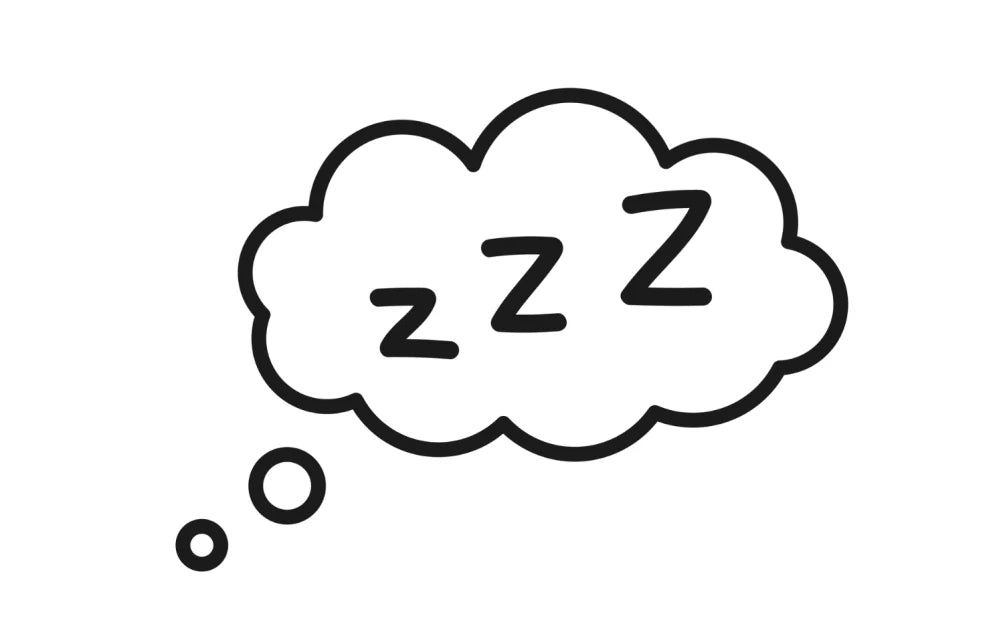If you have trouble sleeping, you are not alone. Most people have trouble falling asleep from time to time, and many sleep less than the recommended seven to nine hours a night. Not to worry, there are a number of simple tips that can help you drift off to sleep with ease.
Find a sleep schedule
While sticking to a rigid sleep schedule does not sound fun — it works. Getting the body used to waking and sleeping at the same time every night may help realign you with your natural sleep cycle. If nothing else, program your alarm to wake you up at the same time each day. The body will adjust to this time rather quickly, making you tired when it is time to sleep.
Reduce stress levels
It is easy for stress to make people have trouble sleeping. Work emails, troublesome neighbors, gossip, deadlines, and school projects are just a few of the numerous stresses we face every day.
Stress reduction habits include:
- Regular exercise
- Meditation
- Yoga
- Breathing exercises
- Creative activities like adult coloring books
- Getting a massage
- While it may not be possible to do all of these activities every single day, adding them to your routine bit by bit may help reduce stress over time.
- Move away from the bed
- If you have had trouble sleeping for a while now, you can likely tell within the first few minutes if you will be falling asleep or not. If you are in bed for ten minutes and still aren’t dozing off — get up.
- Open up a book, make a glass of herbal tea, take a bath, or do something else to get your mind off of how much you can’t sleep. This keeps the bed from becoming a stressful place, and you can easily try again after twenty minutes or so.
- Comfort is key
A comfortable environment can make all the difference for someone who has trouble sleeping. Think about your personal ideas of comfort and make your room reflect that idea.
If you like big fluffy pillows, add a couple to the space. Calm, warm lighting may add a relaxing element to the room. A comfortable mattress is a necessity. A mattress that is too hard or lumpy will be difficult to sleep on.
Ditch the electronics
As much as we love using electronic devices, they may be partly responsible for your difficulty sleeping at night.
Blue light, such as the light from a computer screen or smartphone, sends signals to your brain that mimic the effects of seeing daylight. The brain responds by flooding the body with serotonin, which increases alertness and mental performance. This is great for waking up, but can make it even harder to fall asleep. Switching off these devices a couple hours before bed may reduce serotonin levels and help you get the rest you need.
Lifestyle changes
Many lifestyle choices can make you have trouble sleeping. These tips may also help you get a full night’s sleep:
- Exercise regularly — regular exercise helps the body seek recovery via sleep
- Quit smoking — nicotine and addiction to it may disrupt sleep patterns
- Drink less alcohol — alcohol may disrupt the deeper levels of sleep necessary to feel rested
- Limit caffeine — stimulants like caffeine have long lasting effects, and may be keeping you awake
- Eat light — Eating lighter meals in the evening may help the digestive system slow down and get you to sleep
The reality is, trouble falling asleep or staying asleep doesn’t have to be a life sentence. Anyone having trouble sleeping may find their symptoms ease up when they try any number of these sleeping tips.

